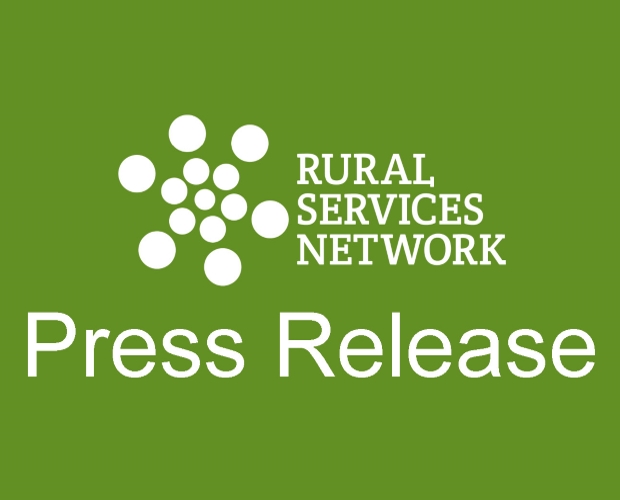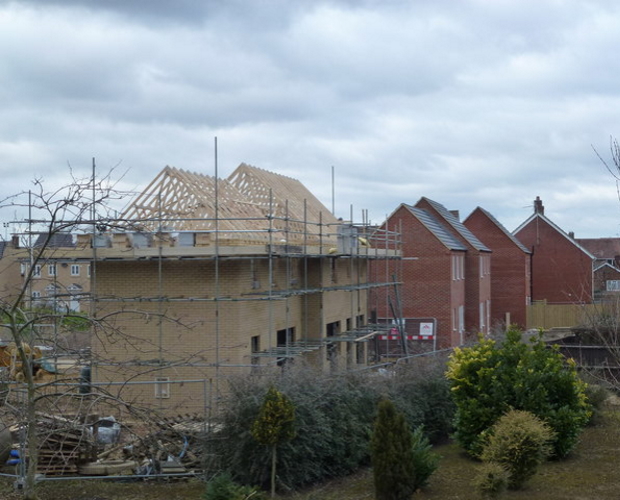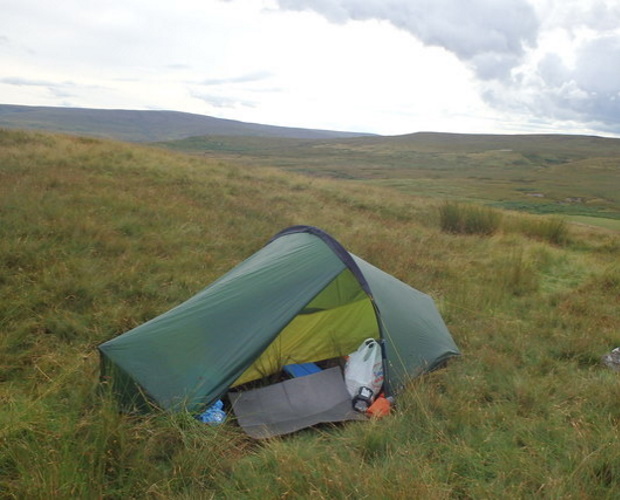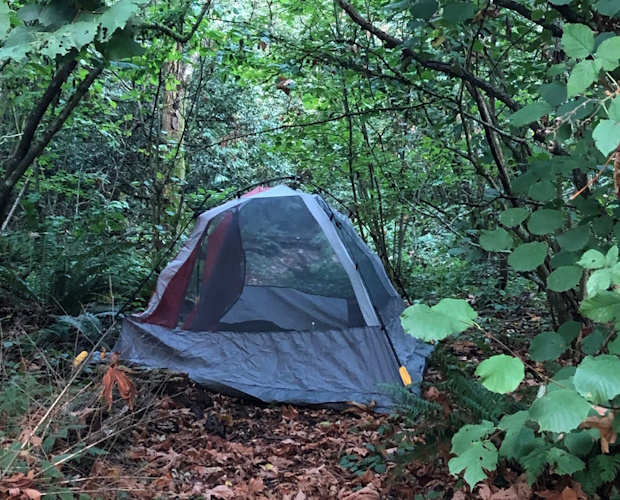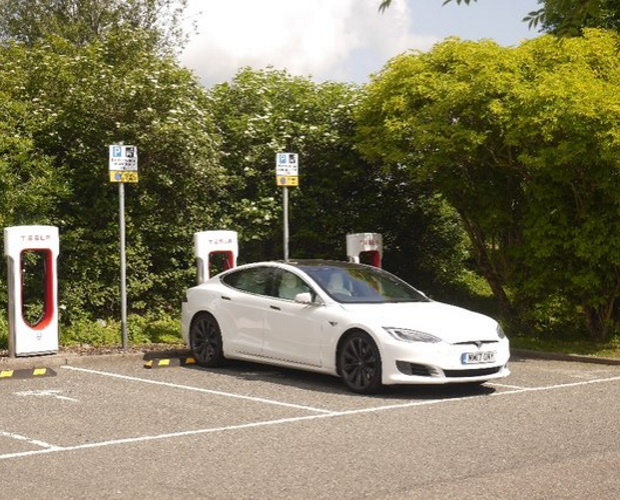T: 01822 851370 E: admin@sparse.gov.uk
Ensuring Access For All: Broadcast Services in the Fight For Rural Connectivity

Amid escalating concern about high-speed broadband infrastructure and connectivity, the essential role of digital terrestrial television (DTT), also known as Freeview, and broadcast radio services cannot be overstated, especially for millions of UK families living in rural communities.
These platforms are more than channels for entertainment; they are a critical lifeline for rural households. Many families in rural communities lack access to superfast broadband or personal internet devices. They can also face challenges in acquiring digital skills and affording expensive monthly streaming subscriptions. This means that free at the point of use DTT and radio are essential for providing news and entertainment that is accessible and affordable to everyone.
Addressing and boosting rural connectivity isn’t just a nice to have; it's fundamental to fostering a fair and equitable society where no one is left behind. Despite the government's goal of achieving nearly universal broadband coverage by 2030, a recent report by consultancy group EY predicts that approximately 5.5 million UK premises (18% of the total) will remain without a high-speed broadband subscription by 2040, due to various obstacles in adoption.
This sits against the backdrop of up to 3 million UK households struggling to access the internet at home, whether it be through lack of superfast broadband connection or expensive monthly streaming subscriptions. For these households, broadcast services are their only option for accessing public service broadcasters.
DTT and radio's provision of free, quality content plays an invaluable role in ensuring connectivity for all. A staggering 73% of those living in a rural area said the provision of radio services is essential to their daily lives, as their most reliable option for accessing entertainment, information, and education. The prospect of exclusively online access to TV and radio threatens to marginalise those without broadband further, particularly those vulnerable groups such as the elderly, people living with disabilities, and lower-income households.
The future of these services in the UK is uncertain, with current government policy only securing them until the early 2030s. The Media Bill, which is navigating its way through Parliament, presents an opportunity to enshrine the future of broadcast TV and radio services in law. It has undergone its second reading in the House of Lords, where voices advocated including protections for broadcast services in the Bill. Baroness Fraser has tabled an amendment that would do just that, which has also garnered support from the likes of Baroness Featherstone.
The Broadcast 2040+ campaign, backed by over 35 organisations including the Rural Services Network, Campaign to End Loneliness and Age UK, advocates a hybrid model for the future, with broadcast services continuing to be supported alongside internet streaming. We are urging the government to make such a commitment now.
Together, we can champion the cause of rural connectivity, ensuring continued access to essential services for all UK citizens, especially those most at risk of falling through the cracks and being neglected by lack of broadband infrastructure. This collective effort is not just about preserving access to entertainment; it's about affirming the right to participate fully in our society, reinforcing the importance of inclusion for all, no matter where we live.
YOU MAY ALSO BE INTERESTED IN
SIGN UP TO OUR NEWSLETTER
Sign up to our newsletter to receive all the latest news and updates.


